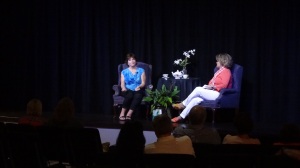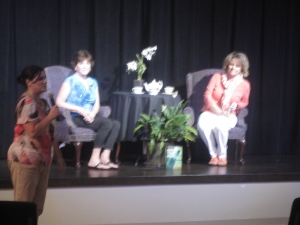Last time I wrote about the downfalls of traditional publishing. This time I want to begin to look at some alternatives to the traditional model.
Anyone who is serious about their writing most likely has had some experience in attempting to gain a publishing contract. If not, then the author probably most likely, has had other relevant experience in entering writing contests, or attending writing conferences and even networking with others to find an agent or publisher who might be interested in their work.
I followed this same path of frustration. Oh, not that I didn’t learn a lot along the way. I made some good contacts, garnered various tips and tricks to try, but possibly more importantly, I learned how to approach and adapt other methods to gain publication.
When I first started writing and had a completed product to sell, I was told absolutely to go the traditional route. And I did. Eventually, it seemed the best I could do was to go with a small, start-up, independent publisher. They were a royalty-paying group, but were small, with no resources to help promote the books they listed and the authors were pressured to devise their own marketing and promotional campaigns.
You may or may not be a marketing guru, but I am not. This was all strange to me and I struggled with the entire process. But hey, I could say I was published. And, I did sell a few books and get some royalty checks. I knew, however, that this was not my ultimate goal and that to get to the place I wanted my work to be, I had to step out and be responsible for my own destiny and not wait for a publisher to make it for me.
As I researched the topic, speaking with other writers, looking at different types of publishers, and reading the latest articles on how the industry was moving forward, I saw the changes moving forward in the publishing world. The independent model, the self-publishing programs and other similar types of opportunities for authors were beginning to grow, and not just grow, but take off astronomically. What great news for authors!
With opened eyes, I realized that my first experience with a publisher had prepared me to accept the new norm, that I would have to do things on my own initiative. I began to hear the success stories of unknown authors doing some creative things and coming up winners in the market.
Currently, I am out in this new book-selling world. The verdict is still out, but at this point, I can encourage every writer to look past his or her boundaries of what you are willing or able to do to get your work out there. If you can do that, you can succeed in publishing and selling your work. Don’t doubt yourself or what you have produced. If you feel uncertain about your work and its value, then get some professional help with critiquing, editing, or even a content edit. There are well-qualified people out there who can assist in this process, and if you get the right person, it is well worth any money spent.
So many things to think about, I know. Next time I’ll discuss more on this topic of where to find the right people to assist you in the process, some things you can do to garner the support and enthusiasm of others, and even what to look for when looking to publish independently or self-publish. Meanwhile, dig deep into your writing heart and ask yourself, is my work worth it? Even if it is not as complete as you or a reader would like, it can be determined if it is worthy of pursuit. If you want it bad enough, it is worth whatever it takes short of robbing a bank, to get your work in the reading public’s hands. So pat your back and start typing!



